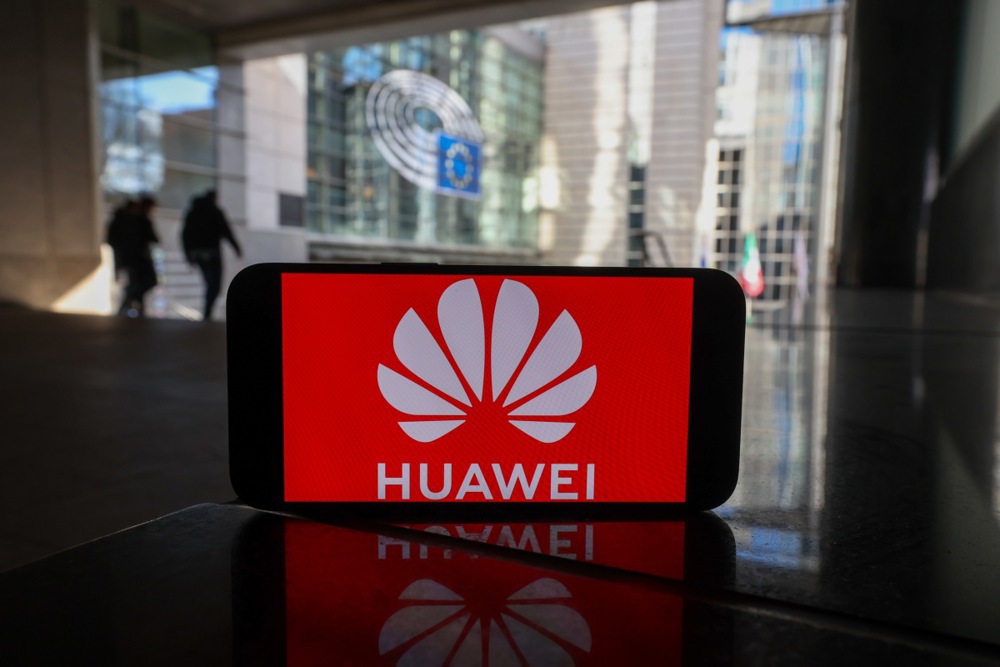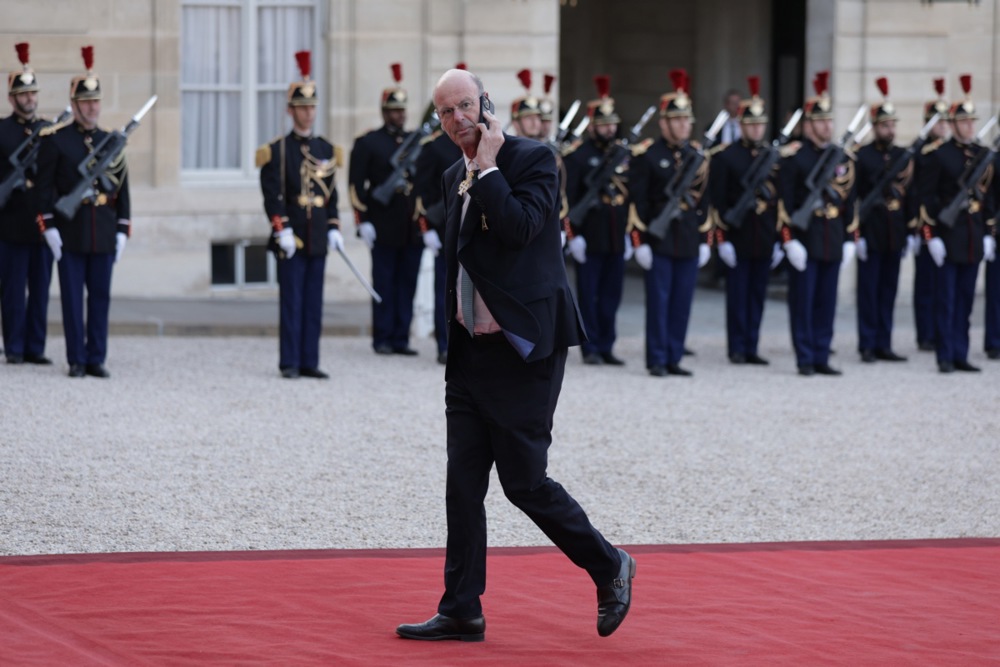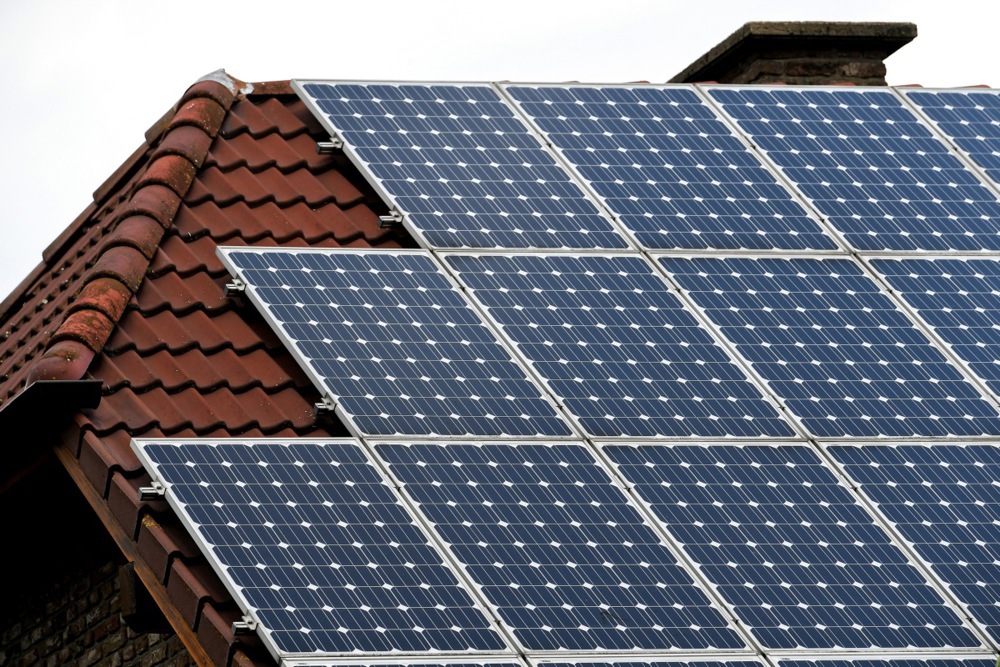Pro-Palestinian protesters in the Netherlands appeared to have blocked the entrance of the wrong factory, accusing it of supplying components for fighter jets to Israel.
On the morning of April 7, a group of around 30 to 50 angry pro-Palestinian activists gathered outside the gates of a site belonging to aeroplane manufacturer Fokker.
The demonstrators aimed to pressure the company over its alleged role in supplying components for the controversial F-35 fighter jets used by Israel.
They blocked the site and rolled out banners reading “Stop genocide” and “No more F-35 parts” while they chanted “free Palestine” through megaphones.
“There is blood on Fokker’s hands. Only when the company listens to us will we leave,” the activists’ spokesperson told Dutch news outlet BN DeStem.
The specific Fokker facility they targeted, though, no longer manufactured or shipped parts for F-35 fighter jets.
According to Ivo van der Vlis, director of Businesspark Aviolanda, the site in question exclusively handled civilian aircraft and helicopter components.
“Unfortunately, they’re protesting in the wrong place,” Van der Vlis noted, adding that the facility has had no involvement with military hardware for more than a year.
In the protester’s own press release, the facility they intended to target was Fokker Elmo, which does manufacture F-35 components – this facility was relocated to Papendrecht in 2023.
Nevertheless, the demonstrators remained resolute and stated they would not leave until Fokker admitted involvement and halted all F-35-related operations. Some even demanded that workers stopped their activities immediately.
Despite the site in question no longer producing parts for the warplanes, the activists insisted their research indicated otherwise.
They claimed the Hoogerheide facility still played a role in distributing F-35 parts to the US, from where they could eventually make their way to Israel.
This roundabout path was central to their protest, it was noted, since a Dutch court ruling has prohibited direct export of such parts to Israel due to the risk of human rights violations in Gaza.
The protest was not pre-announced and it remained peaceful. Police and two military police officers monitored the situation without intervening.
Many protesters sat, read books or slept some 50 metres from the entrance gate, according to Dutch media reports.
Although some signs around the premises were tagged with graffiti, the overall atmosphere stayed calm. Workers could still access the facility via alternative routes and cyclists were allowed through.
Around 1.45 pm, the activists finally decided to leave. “But we will come back,” the protest group’s spokesperson pledged.





